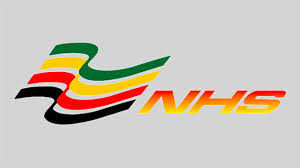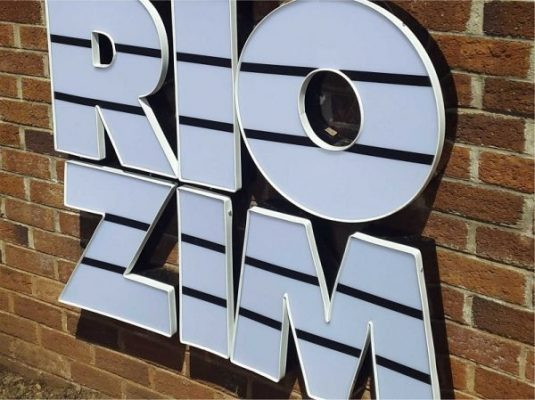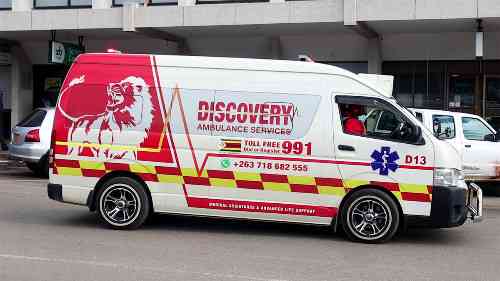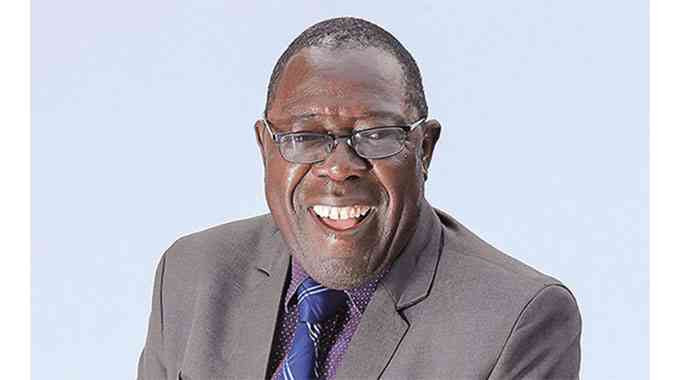
A financial and corporate governance scandal has rocked state-controlled National Handling Services (NHS), underpinned by unremitted pension proceeds amounting to about US$1 million and unsanctioned travel allowances.
The revelations surfaced following the sacking of various executives at the NHS late last year on charges of graft, incompetence, and corporate governance failures.
Executives that were dismissed included the then NHS chief executive officer Godknows Maravanyika, chief financial officer Question Maisera, and head of human resources Shamiso Nyangairi.
At the time of their dismissal, the NHS board led by Godwin Nyengedza appointed new individuals to hold those roles on an acting basis.
Philip Rambakudzibwa and Emmanuel Black were appointed to the positions of CEO and CFO respectively on an interim basis.
Llyod Dombodzvuku and Brian Mukwazhi were also appointed as acting operations director and acting chief audit executive, respectively.
Sources told The Standard that the current situation at the NHS “has created fertile ground for the Gwevedza-led board to ride roughshod over advice from executives and plunder the bleeding parastatal.”
- ACZ baits Turkish Airlines
- Auditor general smells scams in Walvis Bay deal
- NHS rocked by cash scandals
Keep Reading
“There is no way this state enterprise can survive looting under executives, who are not permanent,” a source said.
“The allegations of misappropriation of funds include accusations that Gwevedza last year gobbled over US$140 000 in overseas trips and claimed substantial amounts in entertainment allowances.
“The chairman is on the road all the time and is funded by the NHS. The employees are being paid late as funds are prioritized for board meetings.”
Another source said: “The chairman went to SA for a corporate governance meeting, and he double-dipped by claiming his allowances and demanding that management give him US$6 000 for entertainment.
“No returns were made on this claim.
The NHS is also plagued by non-remittances of pension funds, nepotism and unprocedural business decisions and transactions.
“Pension remittances are not being done, resulting in a total of over US$900 000 debt in unpaid pension contributions,” the source said.
In response, the NHS said all travels were for legitimate purposes including attending high level corporate governance and industry events.
“Furthermore, the Chairman received the requisite Cabinet Authority for each and every event that he attended,” the NHS said.
“At any rate, the NHS has in place all the necessary governance control mechanisms that would enable for checks and balances to be made periodically.”
The NHS the company has also resumed pension remittances and addressed outstanding payments for former employees.
“The said non-remittance debt, whose correct amount is US$661 960,53 and ZWG4 981 979 as at July 31, 2025, is a legacy accrual which was inherited following months of non-remittance,” the NHS said.
“Similarly, the company is now well positioned to address all statutory obligations, which had been left unattended for in the past.”
The NHS admitted operating with a number of acting executives.
“This bogey of sorts was visited upon us through various corporate malpractices, which led to the board intervening timely in order to restore standard operating procedures,” the NSH said.
“The mere fact that the acting leadership of the company, alongside a few who are still in their substantive roles, has achieved so much in such a limited period of time, can only speak volumes about the commitment that they have and continue to exhibit day in day out.”
The NHS said it requires US$1,5 million for its operations in Zimbabwe while the Zimbabwe Dry Port requires US$1.8 million for its needs.
Allegations of gross financial plunder also surfaced at a time the Auditor General Rheah Kujinga observed in the 2024 report on parastatals that the NHS’s going concern status was uncertain.
“I draw your attention to the fact that the company’s current liabilities exceeded its current assets by ZWL$919 million,” Kujinga’s report read.
“These conditions indicate that a material uncertainty exists that may cast significant doubt on the company’s ability to continue as a going concern.”
The NHS, previously a subsidiary of national airline Air Zimbabwe, was disbanded in 2012 and ran the monopoly of handling passengers at local airports as a commercial enterprise.
In 2023, the government licensed privately owned Aviation Ground Services to also handle travellers at the local aviation entry points.










